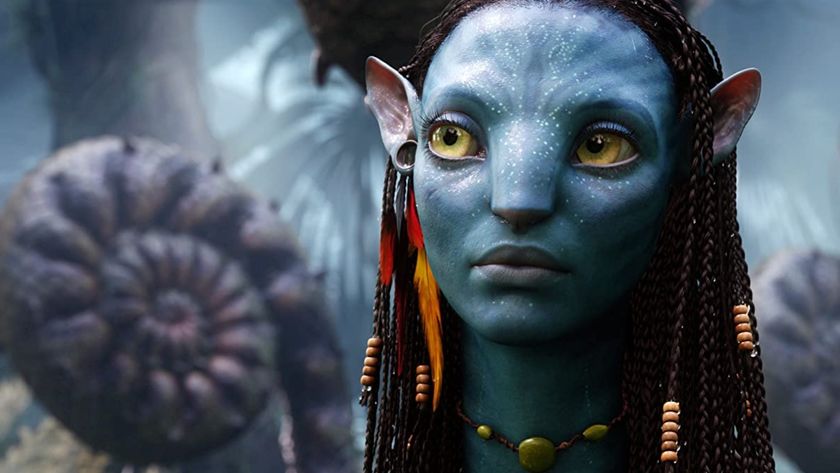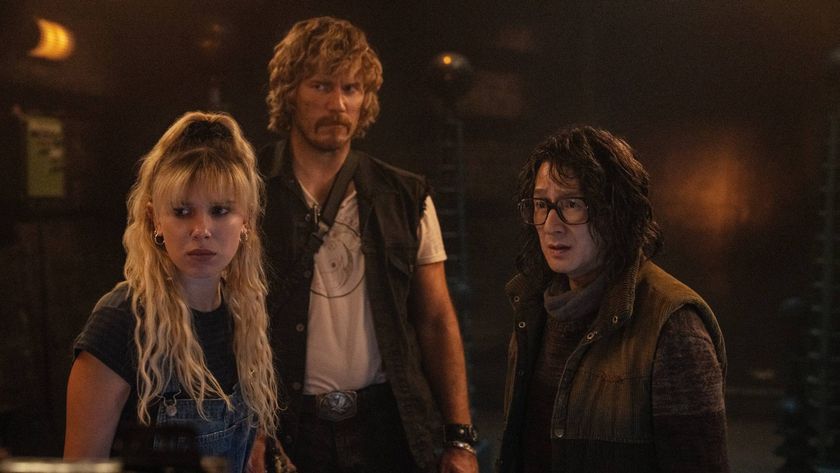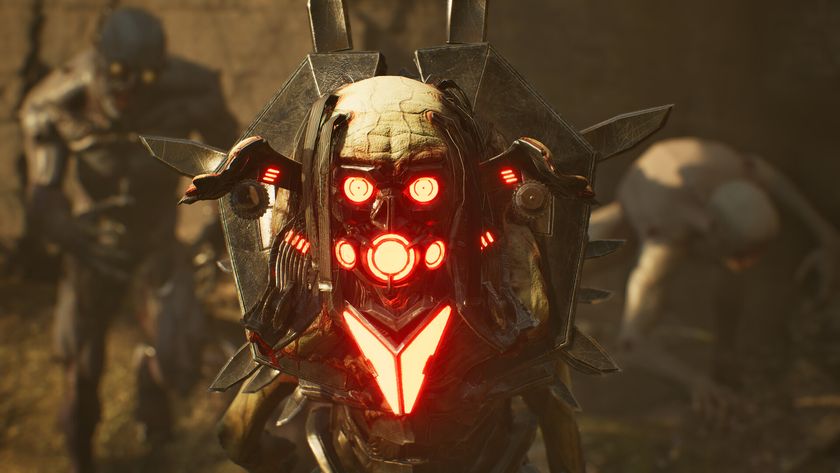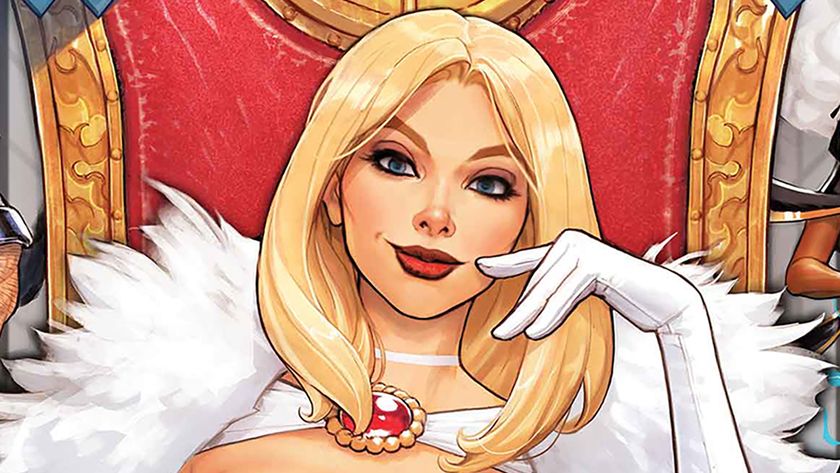Battle of the GTA clones
They all tried to beat the best, but which one really did? We make 'em fight to find out
Crackdown
Microsoft Game Studios | Xbox 360
The setup: An aberrant genetic-engineering program creates a clone army of superpowered cops, which for whatever reason can only be deployed one (or sometimes two) at a time. Said supercops then set out to rid their city of three massive crime syndicates, one boss at a time.
The rides: A wide selection of quasi-futuristic cars, trucks, semis and military vehicles, most of which increasingly get ignored as players boost their agent's superpowers and go all crazy with the leaping and the climbing.
The violence: Gore-free but still extreme, as players unleash havoc with whatever assault weapons, sniper rifles or rocket launchers they can steal from dead gang members. You'll also have a clutch of grenades, land mines or similar explosives to chuck around, and your superpowers will eventually enable you to hurl cars with deadly force.

Why it beats GTA: Insane violence coupled with a huge, beautiful city and endless possibilities for messing around with superpowers mean experiences that GTA can only dream of. It's also got online co-op play that incorporates the entire city, something that no GTA has officially done yet. And lifting cars with your bare hands is badass no matter how many times you do it.
Why it'll never beat GTA: No real story to speak of, and while your Agent can have a number of faces, he doesn't really have any personality except for what you project onto him. There aren't any flying vehicles, either, and that's lame.
Can it survive? Absolutely. Even without a story, its superpowers and huge game world make it wildly addictive and well-positioned to take whatever GTAIV can dish out.
Sign up to the 12DOVE Newsletter
Weekly digests, tales from the communities you love, and more
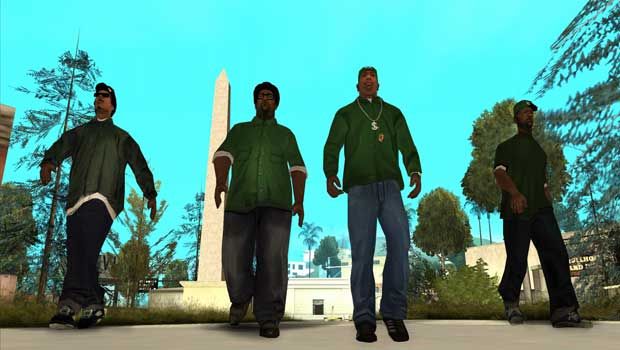
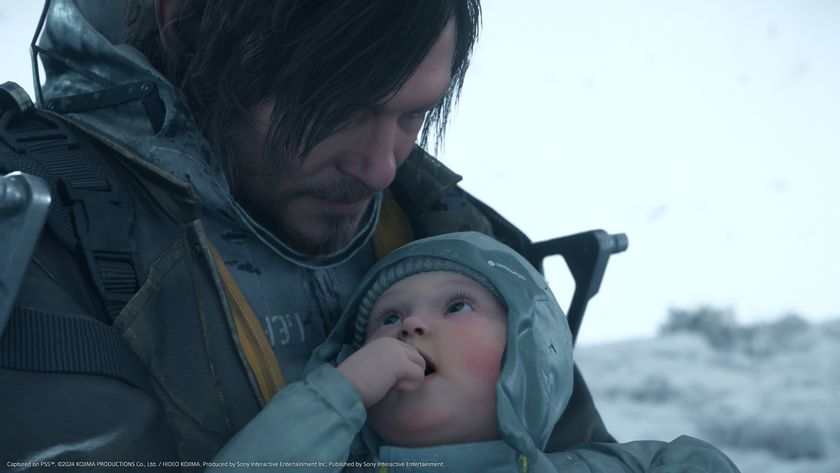
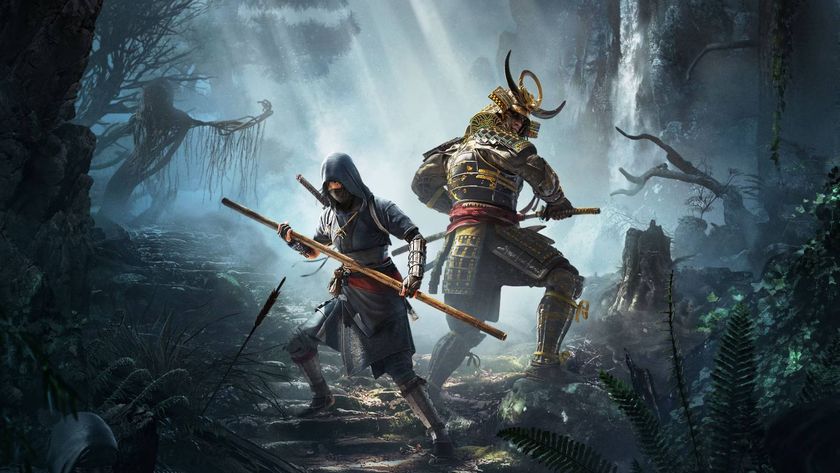
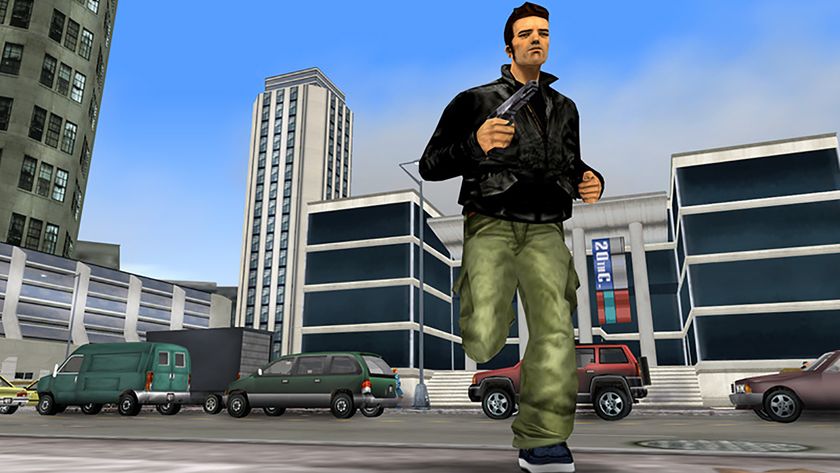
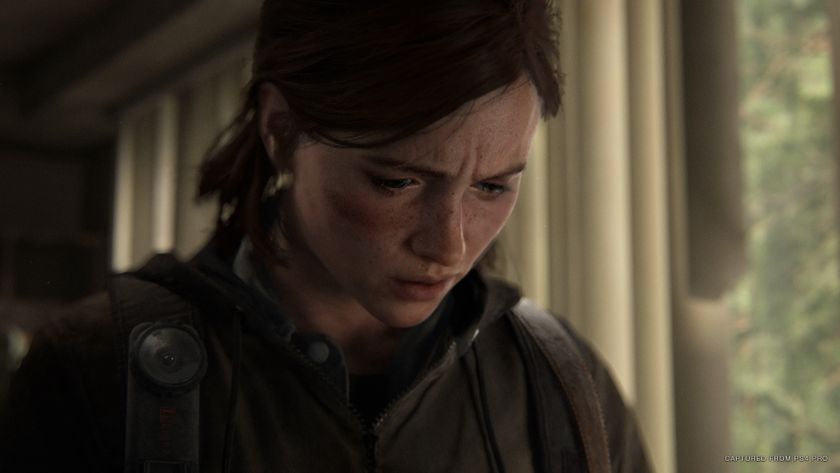



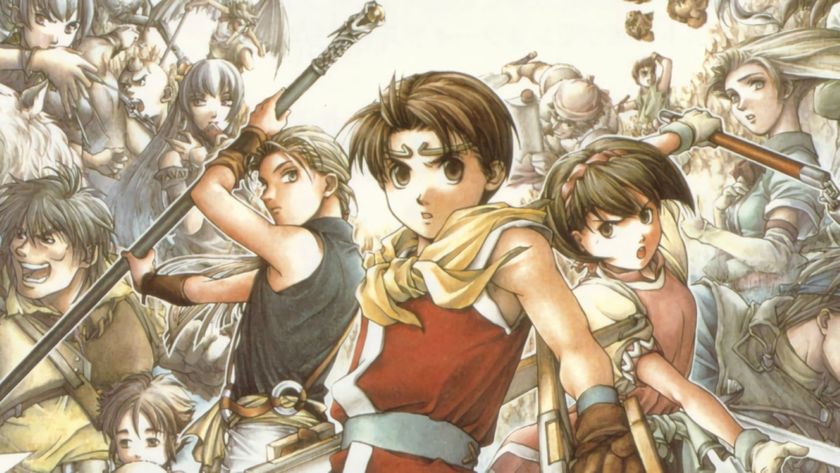
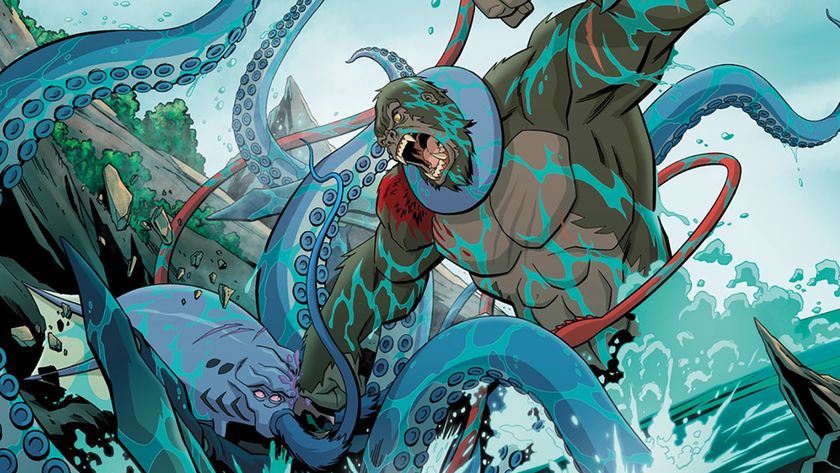
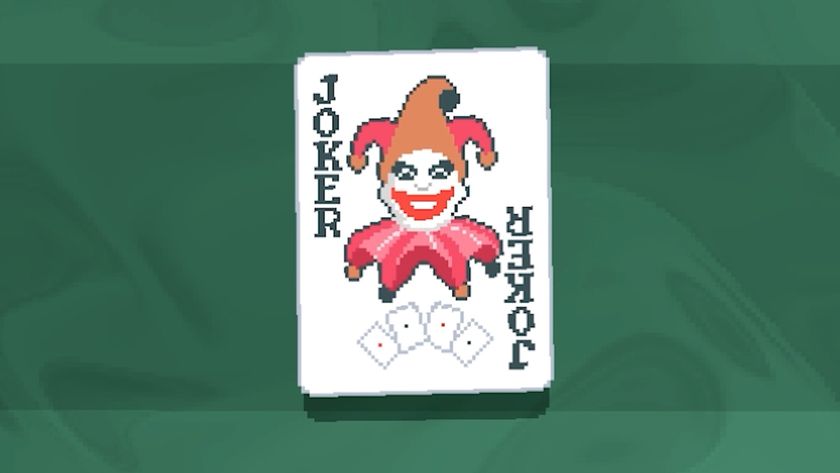
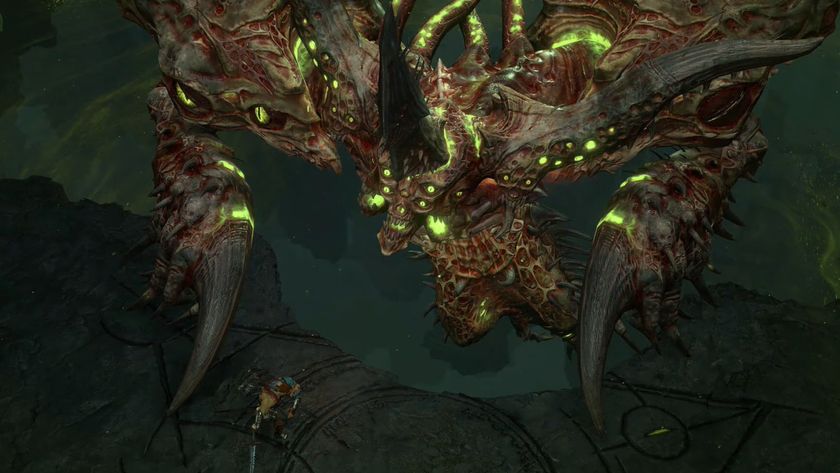

Former Xbox boss says GTA: San Andreas and its infamously NSFW Hot Coffee minigame "signified a maturing of the industry" and put games "on par with movies and music"

Death Stranding 2 pre-orders are estimated to go live this month, and will reportedly include a $230 collector's edition that I pray doesn't come with another creepy baby statue

